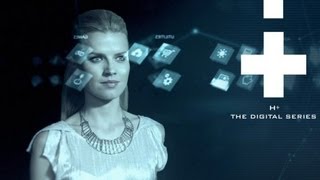The term “augmentation” – when referring to humans – has a tendency to call forth mental images of Terminator-like, red-eyed androids with steel limbs and laser guns. Tinkering with that is “human” may seem like a far-out concept, but from the vantage point of technology, it’s a process we’ve been engaged in since our earliest tools. For this same reason, many experts argue that “augmentation” is an inevitable result of our present technological efforts.
It serves us well to begin this article with definitions we can work with: (Dictionary.com)
Augment:
1. To make (something already developed or well under way) greater, as in size, extent, or quantity.
Enhance:
1. To make greater, as in value, beauty, or effectiveness; augment.
The first definitions of both terms are surprisingly similar, as they both relate to a kind of purposive betterment of something already in place. To “improve upon.” This desire for betterment and extending our capacities to achieve our objectives is the undercurrent of technology. It is also what will most likely make the transition to transhumanism inevitable.
Ray Kurzweil – in his new book “How to Create a Mind” – explains how he feels that Google and Wikipedia are like an extension of himself and of his own mental capacities. Like the first mallet or spear helped to extend man’s physical abilities, these tools help to extend our mental abilities in the present age. Kurzweil recalls that when Google and Wikipedia went on a SOPA strike in January of 2012, he felt as though part of his own mind was missing. I can imagine that an early hunter-gatherer would have felt that part of his body was missing if he’d had to spend a day trying to catch rabbit or boar with his bare hands.
Utility Wins – Why Wearable Computing is Taking Off
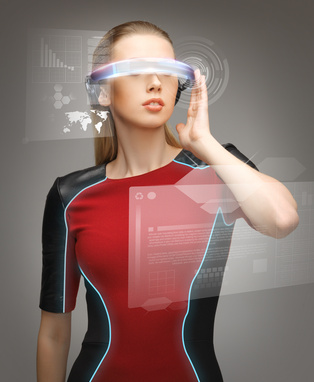 Google Glass has little chance of changing the world based on “cool” factor alone (though we all know a few people who will grab a pair for this reason alone). Rather, if Google Glass can meaningfully enhance our cognition by doing what it promises (price shopping online for products you’re looking at, pull up directions and maps in real time, let others “see” from your perspective), then it’s got a very good chance at being adopted.
Google Glass has little chance of changing the world based on “cool” factor alone (though we all know a few people who will grab a pair for this reason alone). Rather, if Google Glass can meaningfully enhance our cognition by doing what it promises (price shopping online for products you’re looking at, pull up directions and maps in real time, let others “see” from your perspective), then it’s got a very good chance at being adopted.
But that’s it, right? Certainly, wearable computing is about as far as humanity will go without some kind of massive revolt. We aren’t just about to stand around and get turned into androids, are we?
Though acceptance with regards to a more literal “augmentation” of human-machine merger isn’t something we can be sure about either way, the clues seem to hint: “Go.”
When computers were the size of buildings, or large rooms of buildings, there was an initial inkling that these “devices” would never catch on. In the following decades when computers were small enough to have in our homes, there certainly must have been the same inkling (“Who needs one of these computing devices in their homes?”). I’ll admit, when the next wave hit with cell phones, I was certain that the world wouldn’t adopt the ability to be annoyed by email at any time or any place. Four years later my instinct has changed and I look confused when presented with a phone without GPS and email capability.
Google Glass represents the further extension of “wearable computing,” another trend with it’s inevitable proponents and it’s critics. It’s success, I pose, will be it’s utility to us – it’s ability to attain an end that we think we desire. Engadget.com put it well:
“That’s become clearer than ever with the advent of the personal computer, which in recent decades has drawn people away from the television, the radio, the calculator and countless other devices. More recently, we’ve seen that shift again with smartphones and tablets pulling people away from PCs, telephones, cameras and video game consoles. In each case, the new technology replacing the old has taken on a more central role in people’s lives. Whereas the personal computer became a hub in the home, the smartphone has become a source of ever-present connectivity and a near-constant accessory. Wearable computing promises to extend that always-on connection even further and, potentially, change the nature of what it means to be ‘connected.”
That “end” might be checking email everywhere and at all times. Some people may enjoy that feature, others may not. However, it might also be a more pleasant and engaging trip to museums, where real-time information about the pieces is presented. Some people may enjoy that feature, others may not. It could also mean less money spent shopping, there grocery or clothing prices could be compared in real time online and offline. If there is enough of this added utility – and the “ends” are strong enough – then Glass with catch on.
If Glass does not, another company likely will – and fast. Think about the chips already embedded in Nike shoes, or the “Pebble” watch / phone / iPod, or these rape defense underwear that zap would-be attackers. If the utility is there, then it’s coming, and thousands of companies are battling to lead that pack already.
Slippery Slope – “Cyborgs” as the Next Step?
The potentially “scary” next step is a literal merger with computing or “computational substrates” to enhance our experience or improve our functioning. Unlike other improvements and technological advancements (the bow and arrow, the printing press, the cotton jinn, the calculator, the cell phone), this actually represents a genuine shift in the human condition / human experience – via the senses and capacities granted to us.
From one perspective, technology has already changed the human condition. Certainly my life now is drastically different from that of a hunter-gatherer in the year 2,000 BC. However, if you tool a human from even 50,000 years ago and raised them from birth in our environment, or tool a human baby now and raised them in the african sahara, it would be evident that our faculties, needs, and capacities are essentially identical.
With the advent of embedded enhancement to our memory, implants to improve sensory perception, or reality simulators that capable of mentally transporting us to any time and place all represent potential steps that bring us well beyond the plateau of “human” on which we’ve perched for the last 50 millennia.
There are lines of thought that either rule out this transition (IE: neglect to take a technological merger into account of humanity’s future), or which believe that humanity simply wouldn’t allow for this kind of blasphemy to our human nature.
This is one of the reasons that some experts believe that it is ridiculous to imagine homo sapiens in the cockpits of spacecraft in the year 3,000 – as well as a slew of other interesting predictions.
 However, despite the drastic step forward that this transition would represent, it’s motivations would still remain the same: attaining an end that we think we desire. Utility.
However, despite the drastic step forward that this transition would represent, it’s motivations would still remain the same: attaining an end that we think we desire. Utility.
Hence, this slope is just as slippery as the slope of the phone and mobile computing, and the chasm of “cyborg” is already being crossed. Initially, we will cure blindness and enable paralyzed people to walk, talk, or regain use of a mechanized body through their still-active brain channels. We’re “okay” with helping people “in need,” but handicapped people are not the only ones with needs, and as the ability to attain desired ends is achieved by these technologies, enhancement – I believe – will be inevitable (Here, for example, is an article about memory implants being used for people with memory problems, that one can imagine might be very desirable for “normal” folks as well).
Eternal Vigilance and the Importance of a Path Forward
The trends and ramifications above present us with a unique set of challenges relating to the future of our race, of sentient beings, and of consciousness itself. To point in any one direction as “the answer” seems misguided, naive and dangerous. The “progress” of greatest importance will be our effective collaboration of expertise around the very careful, very calibrated “roll-out” of these sentience-altering technologies.
In a very serious sense, “tinkering” with consciousness and conscious experience itself represents the ultimate moral precipice – the most ethically significant action conceivable. Creating human-level consciousness with circuitry alone, manufacturing an infinite number of virtual realities, expanding our senses and cognition to millions of times their present capacities, extending virtual life forever inside of computational substrates to house trillions of living consciousnesses… all of these transitions are potentially plausible – and their direction will ultimately be guided by how we release them into the world.
The “answers” are not to be found in any kind of clear-cut fashion, but through a collaboration of mindfulness about the emergence and use of these technologies – we can give ourselves the best chance of ensuring their being leveraged beneficially in the world of tomorrow (which isn’t that far out).
About the Author:
 Dan Faggella is a graduate of UPENN’s Master of Applied Positive Psychology program, as well as a national martial arts champion. His work focuses heavily on the transition to transhumanism, and the eminent issues and opportunities therein. His articles and interviews with philosophers / experts can be found at www.SentientPotential.com
Dan Faggella is a graduate of UPENN’s Master of Applied Positive Psychology program, as well as a national martial arts champion. His work focuses heavily on the transition to transhumanism, and the eminent issues and opportunities therein. His articles and interviews with philosophers / experts can be found at www.SentientPotential.com


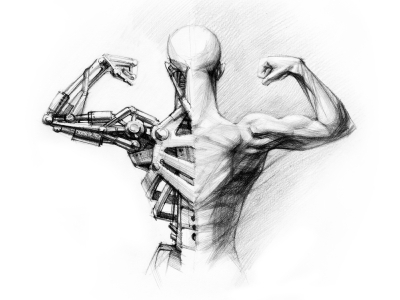



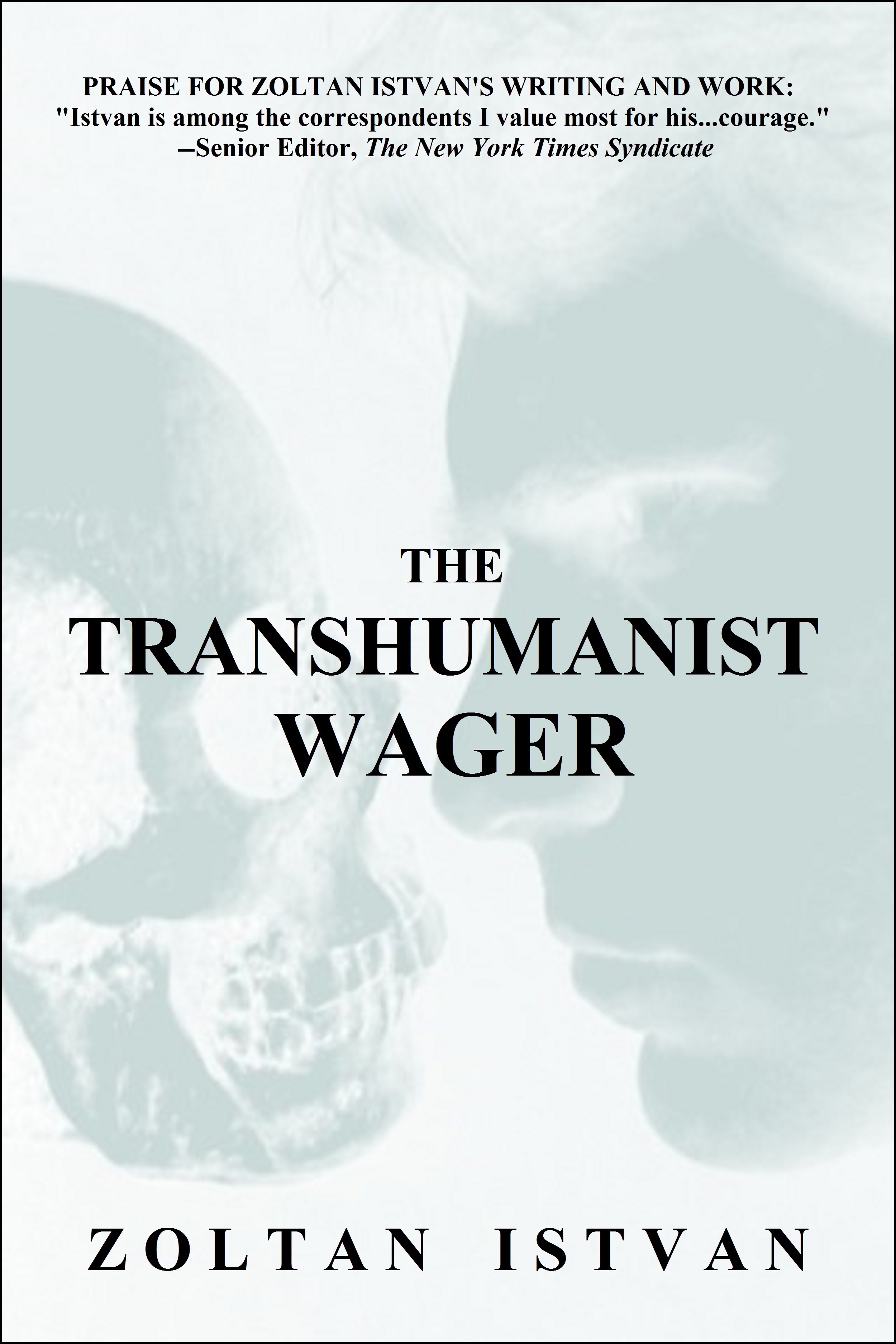
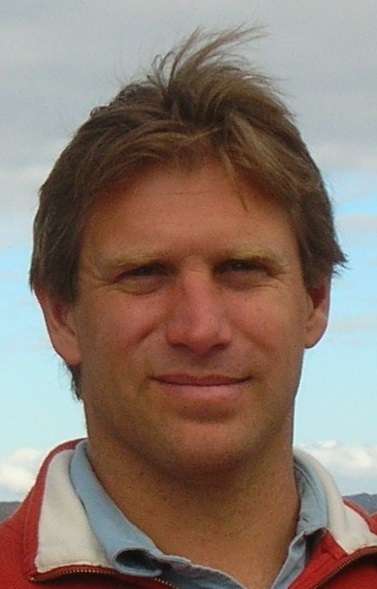

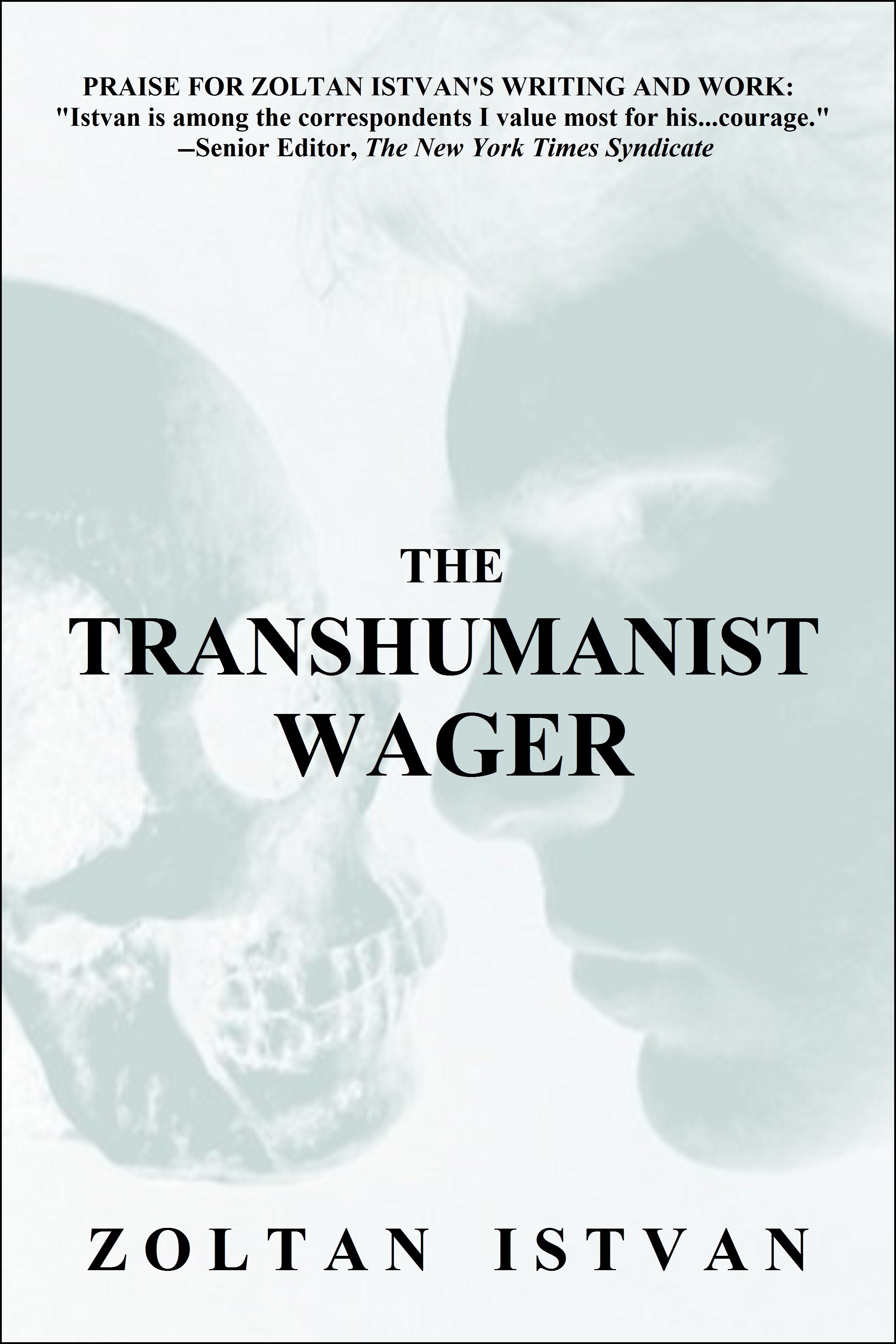
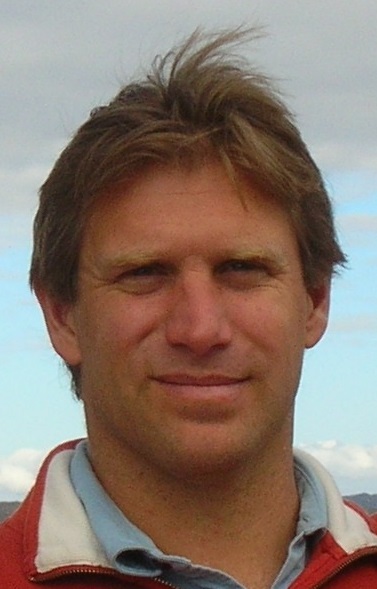

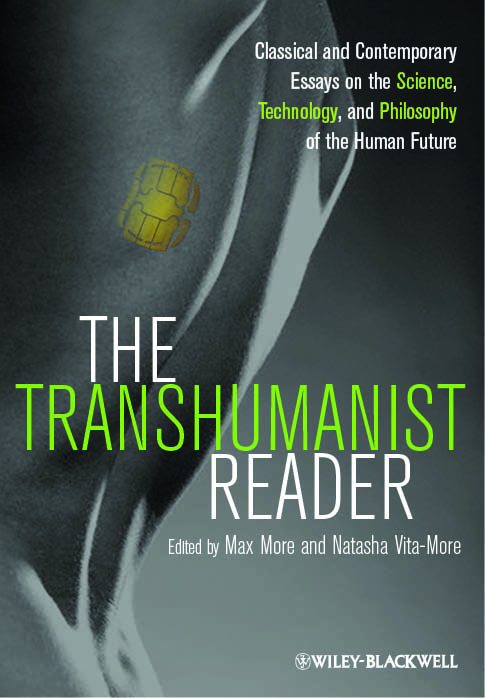


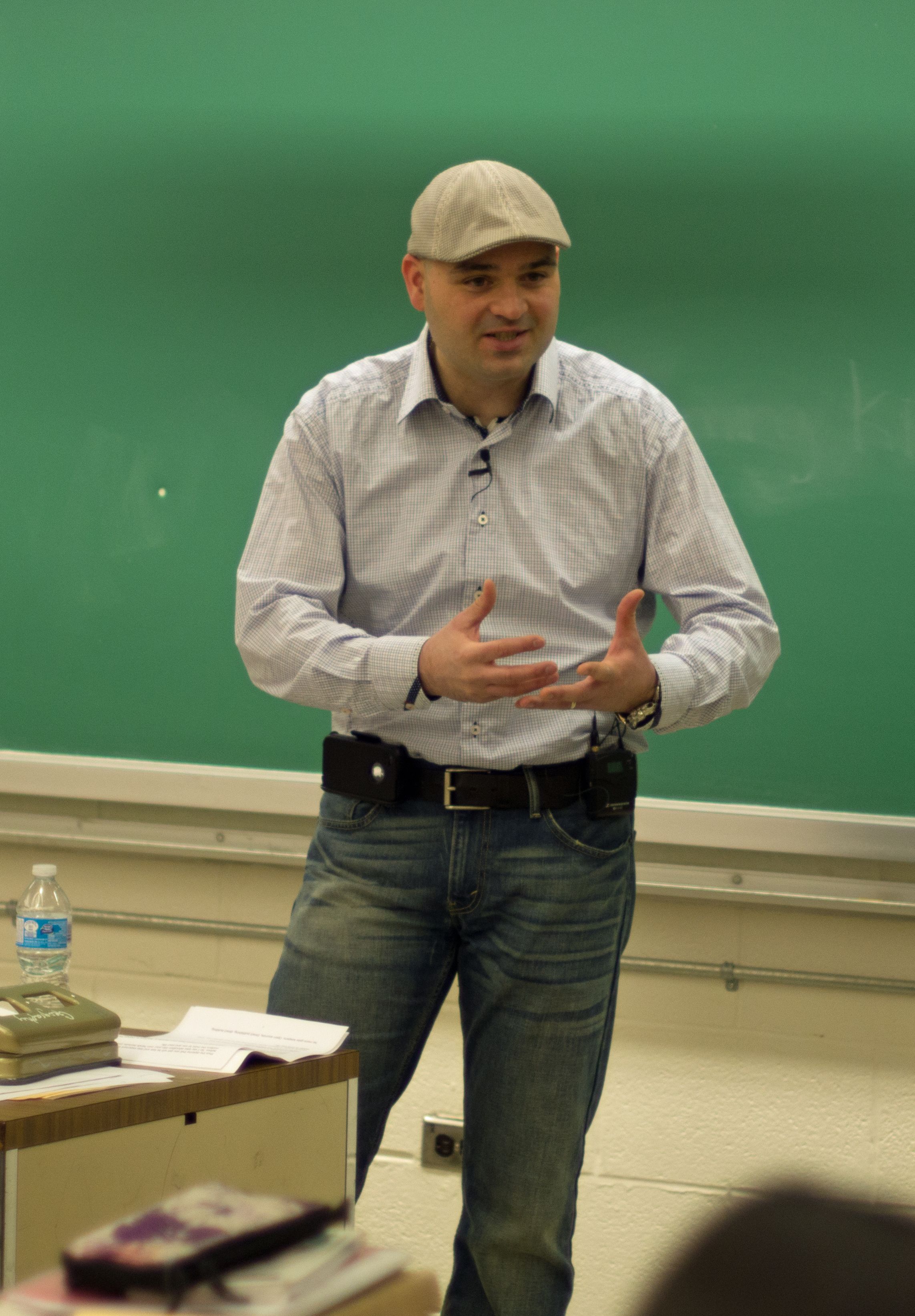
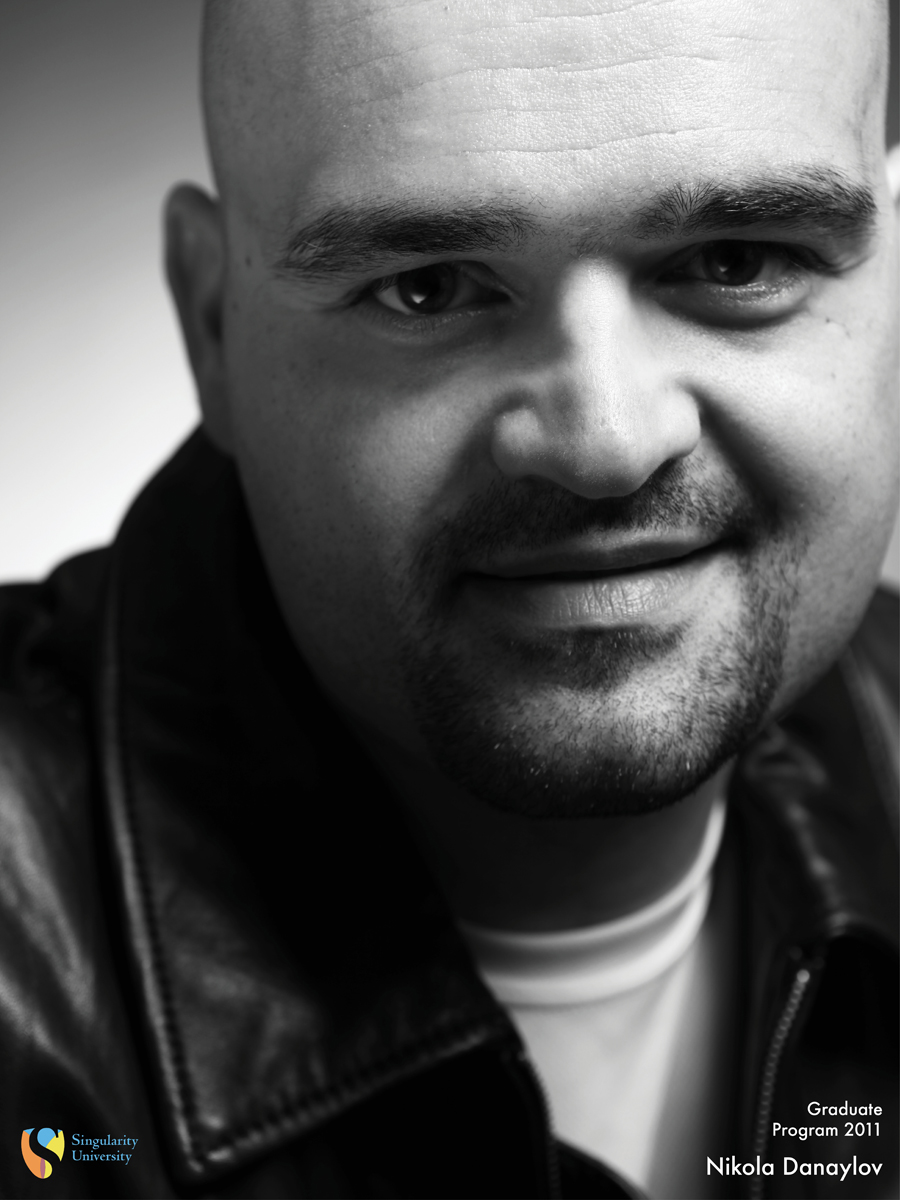 I know how hard it is start a podcast. So when budding podcasters ask me for an interview, I am always looking for reasons to say “Yes.”
I know how hard it is start a podcast. So when budding podcasters ask me for an interview, I am always looking for reasons to say “Yes.”
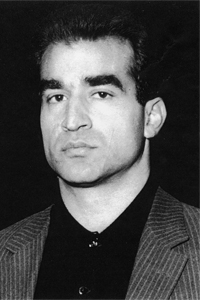 FM-2030, a noted author, lecturer and consultant to business and industry died on July 8, 2000. FM was born with a conventional name but changed both his first and last names to reflect his beliefs and his confidence in the future. As he explains, “conventional names define a person’s past: ancestry, ethnicity, nationality, religion. I am not who I was ten years ago and certainly not who I will be in twenty years. The name 2030 reflects my conviction that the years around 2030 will be a magical time. In 2030 we will be ageless and everyone will have an excellent chance to live forever. 2030 is a dream and a goal.”
FM-2030, a noted author, lecturer and consultant to business and industry died on July 8, 2000. FM was born with a conventional name but changed both his first and last names to reflect his beliefs and his confidence in the future. As he explains, “conventional names define a person’s past: ancestry, ethnicity, nationality, religion. I am not who I was ten years ago and certainly not who I will be in twenty years. The name 2030 reflects my conviction that the years around 2030 will be a magical time. In 2030 we will be ageless and everyone will have an excellent chance to live forever. 2030 is a dream and a goal.”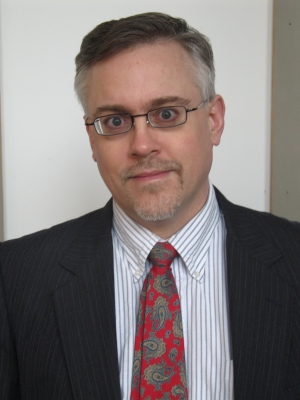 Dr.
Dr. 
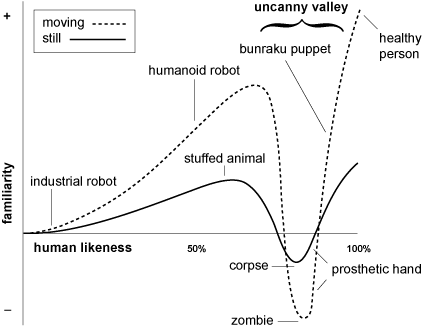
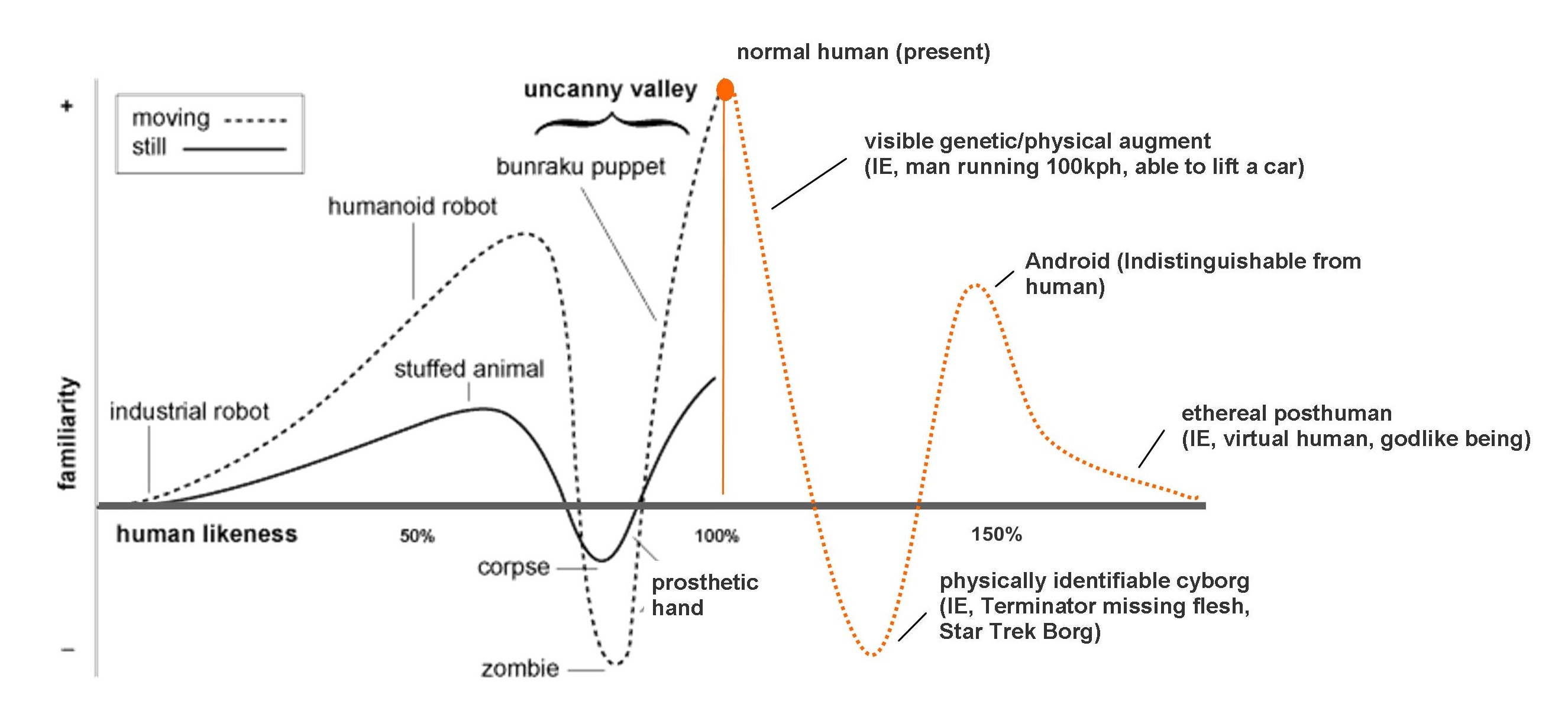
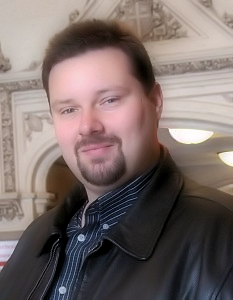 Tracy R. Atkins
Tracy R. Atkins
 Talk to the man in the street about the concept of
Talk to the man in the street about the concept of 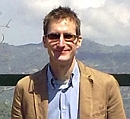 Steve Morris is an enthusiastic geek who studied Physics at the University of Oxford and used to do research in nuclear physics. These days he runs an internet company and writes about mobile technology at
Steve Morris is an enthusiastic geek who studied Physics at the University of Oxford and used to do research in nuclear physics. These days he runs an internet company and writes about mobile technology at 
